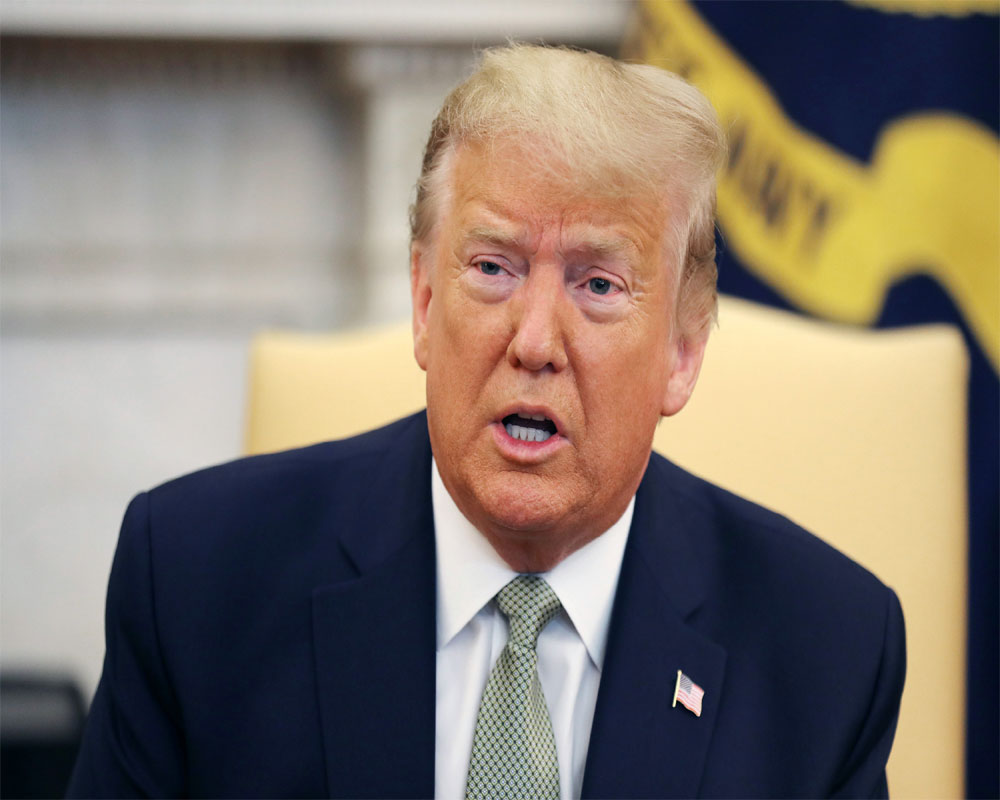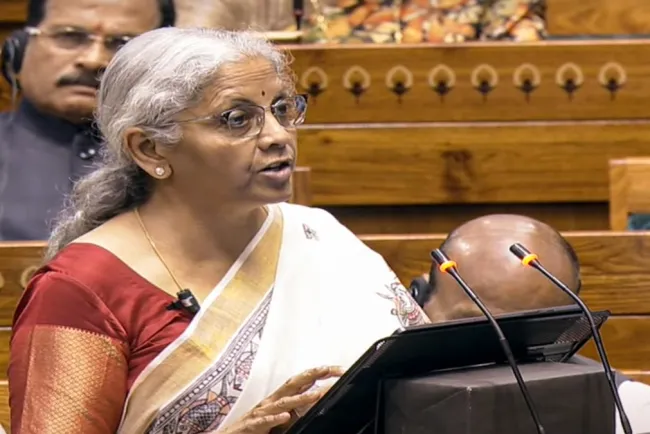Trump Questions $21 Million Aid to India: A Political Quagmire
U.S. President Donald Trump has raised eyebrows by questioning the rationale behind a $21 million financial aid package aimed at improving voter turnout in India. With India's rapidly growing economy and significant taxation rates, Trump stated that such financial support appears unwarranted, sparking debate over foreign aid and its implications for India's democracy.

In a recent statement, Trump highlighted the paradox of providing aid to a country that boasts one of the highest economic growth rates globally. This comment followed the U.S. Department of State's announcement to cancel the funds earmarked for India's voter turnout initiatives. Trump expressed respect for India and its Prime Minister, Narendra Modi, emphasizing that this decision should not be taken as a reflection of the bilateral relationship between the two nations.
Aid Cancellation and Its Implications
The decision to revoke the $21 million aimed at enhancing voter turnout has drawn mixed reactions within India. Amit Malviya, a member of the ruling Bharatiya Janata Party (BJP), suggested that the aid could be seen as external interference in India's electoral processes. He questioned who truly benefits from such funding if not the ruling party, implying that the opposition might gain from perceived foreign involvement in domestic affairs.
In contrast, opposition voices, such as Congress leader Pavan Khera, criticized the BJP's stance, asking how the ruling party could claim to be sabotaging its electoral prospects while also arguing against electoral interference. This back-and-forth highlights the sensitivity surrounding foreign aid and its perceived impact on India's sovereignty and electoral integrity.
Context of U.S.-India Relations
The recent discussions between Trump and Modi included key topics such as trade, illegal immigration, defense, and energy. Despite the tensions regarding the aid, the two leaders have maintained a cordial relationship, reflecting the strategic partnership that has developed between the United States and India.
The cancellation of the aid has reignited discussions about the role of financial support in a nation's electoral process, particularly in a country like India, which has made significant strides in its democratic practices. Critics argue that foreign funding for voter turnout initiatives can lead to an erosion of autonomy in political processes, while proponents believe that such support can enhance democratic engagement.
Conclusion
As the debate over U.S. aid to India unfolds, it raises important questions about the implications of foreign involvement in domestic politics. The cancellation of the $21 million in support for voter turnout is not just a financial decision but a reflection of the evolving dynamics in U.S.-India relations. The discourse surrounding this issue will likely continue, influencing both political strategies and public perceptions in India as the nation approaches future electoral contests.
For continuous updates on international relations and their domestic impact, stay informed with our latest articles.
What's Your Reaction?















